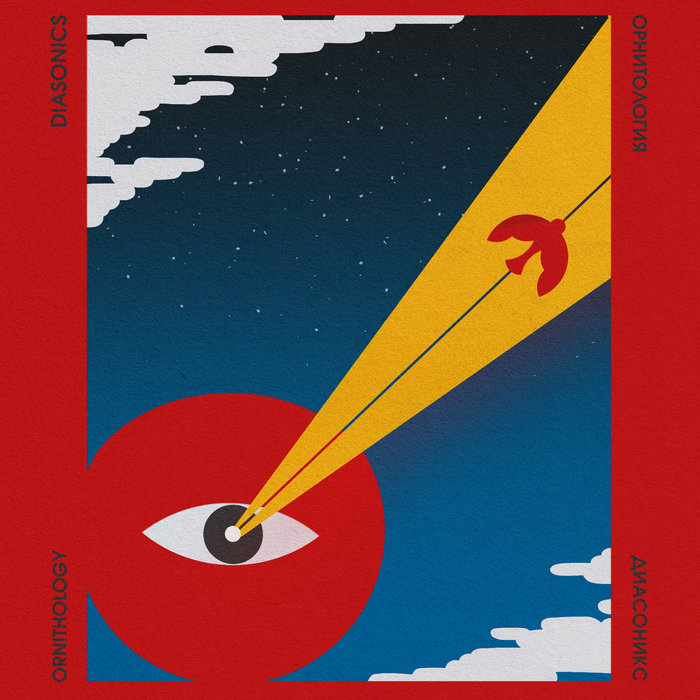
Storm Petrel – The Diasonics
this blog is GROOVY – check out great Soul, Funk, Jazz, Hip Hop, Bass, Breaks , Reggae, House n many more TUNES
Hey there, music lovers! Grab your headphones and let’s groove through the colorful and vibrant history of the music scene in Moscow. It’s a tale as rich as an old vinyl record spinning on a turntable!
Moscow has been buzzing with sounds for centuries. Way back when, traditional Russian folk music was all the rage. Picture this: villagers dancing around bonfires, playing balalaikas (those three-stringed beauties) and singing heartfelt tunes about love and nature. This laid the foundation for what would eventually morph into something more urban and electrifying.
Fast forward to the 20th century. Enter rock ‘n’ roll! Inspired by Western sounds post-World War II, young folks were itching to shake things up. In the 1960s, bands like Masquerade and Sibiryaki hit stages across Moscow, strumming their guitars and bringing that sweet Western vibe straight from America.
During Soviet times, you had to be crafty if you wanted to play it cool with your music choices. With government censorship tighter than grandma’s hugs after a long time apart, musicians got real creative! They blended rock with classical influences—think Tchaikovsky meets Elvis Presley.
In those days, underground concerts called “kvartirniki” (apartment parties) became hotspots where artists showcased their sound away from prying eyes—and ears—of authorities. Imagine crammed living rooms filled with laughter while someone strummed out forbidden songs like “Back in the USSR.”
Did you know that one of Russia’s most famous rock bands was created by accident? Yes indeed! When members of Kino, led by Viktor Tsoi (a total rock legend), met at a friend’s apartment party—they didn’t even plan on forming a band initially; they just stumbled upon jam sessions while chatting about life over cups of tea!
As communism crumbled in Russia during the late ‘80s/early ‘90s, so did restrictions on music! Band after band emerged like spring flowers after a winter freeze—everyone wanted in on this fresh avenue for expression.
The 1990s saw genres exploding all over Moscow—from hip-hop weaving narratives about life struggles to techno beats that made you wanna dance until dawn topside Red Square! One name shined brighter than neon lights at night: Vladimir Kuzmin, often labeled as “the Russian Bards’ King.” He mixed rock with lyrical profundity—a true maverick!
Speaking of fun moments from this decade—the legendary techno festival “KaZantip” started right in Crimea but drew electronic enthusiasts from all corners—including wild-legged Muscovites who brought along disco balls fashioned outta anything shiny they could find!
Fast-forwarding into today’s world—you’ll notice how globalized our musical tastes have become here in Moscow! Genres blend seamlessly—the streets pulse with trap beats one moment before flipping into melodic indie-pop rhythms next.
Don’t forget about pop stars rocking juicy hits either; names like Sergey Lazarev are no strangers when it comes down breaking records both nationally AND internationally—you could say he’s got superstar written all over him!
And let’s not sleep on modern artists renewing classic styles too—like our beloved Oxxxymiron, whose rap battles resonate deeply within youth culture resonating truthfully against socio-political dilemmas around them.
Here’s another amusing nugget—Oxxxymiron once debated against his rival live online drawing thousands who tuned in worldwide… only for it later found out he would sometimes practice rhymes while riding public transport—a true multitasking genius keeping it real even during commutes!
You can’t talk Moskva without mentioning jazz—as vibrant think red square sunsets warm evening breezes waft smooth saxophone melodies through airwaves making hearts skip a beat or two…
With historic venues such as Le Roi hosting jam sessions every week featuring both local talents & international icons alike–music embraces diversity amidst its audience connection woven tightly among people discovering kindred spirits enjoying classic favorites relayed anew rhythmically bridging gaps among generations further solidifying bonds highlighting cultural pride inherent throughout history encapsulated sharply funky flair flowing consistently onward forever grooving ahead magnificently unapologetically unabashedly joyful!.
So there you have it – it’s been quite an epic journey through time exploring Moscow’s musical landscape bursting forth since folklore beginnings advancing onto electrifying contemporary notes pulsating steadily holding everyone together beyond borders uniting souls sharing effortless joy pouring endless creativity shaping new legacies alive evermore thrumming vibrantly concrete grooves decorating city lively ambiance throughout eras cascading endlessly enriching humanity going strong timeless steps collectively embracing harmony regardless barriers facing itself clamoring embrace magic spreading sonic delights daily ringing echoes eternally clear reverberating soft whispers tenderly beckoning listening hearts seeking refuge melding art transcending bounds liberally freely each rhythm capturing emotions beating vibrantly splendorously charming wonderfully well enough leaving audiences twinkling smiles illuminating darkest nights always discovering treasures hidden beneath sunlit skies swirling gracefully alluring serenading listeners everywhere never really stopping now HOW ABOUT THAT?!
Hope y’all enjoyed vibing through musky tales residing within Ivanovich subway stations or enchanted alleyways dramatically echoing enchanting vibes transcending cultures—even catching some fleeting yet memorable moments performed sporadically compressively wriggled amongst festive decades lingering gleefully creating everlasting affection embedded deep inside faithful memories sealed sonorously right here neatly tucked safely snuggled warmly drenched thick graceful soul energy palpitating brilliantly gloriously radiantly spinning splendidly placing jubilant expressions lingering beautifully dazzling brightly uniquely defining melodic cumulus clouds perpetually floating onwards infinitely harmonizing together destined lovably wholly uplifting pleasantly filling spaces connecting shares symphony experiences casually uncovering whimsy effervescent glee wherever we go shining intimately brightly wherever we may wander rhapsodizing rapt lovingly freely genuinely distilling wide reaches kindness gentleness embracing nurturing upliftment

Storm Petrel – The Diasonics
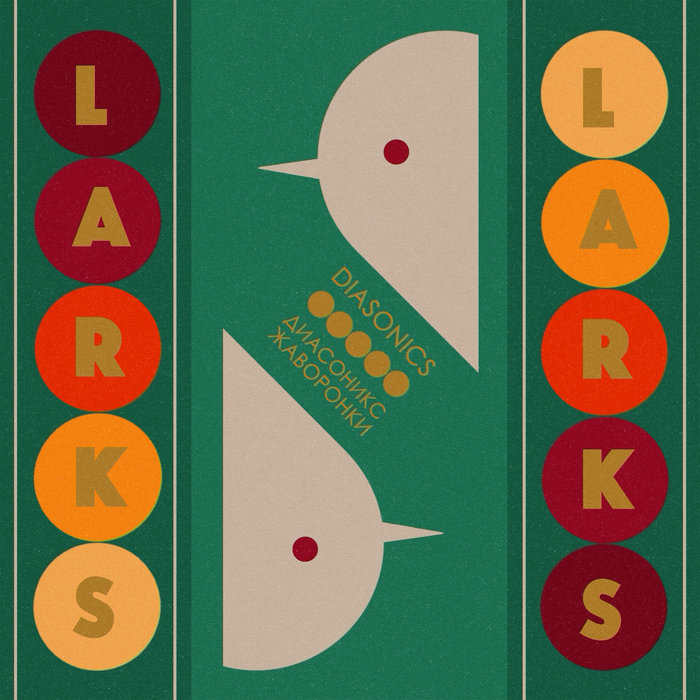
Larks – The Diasonics
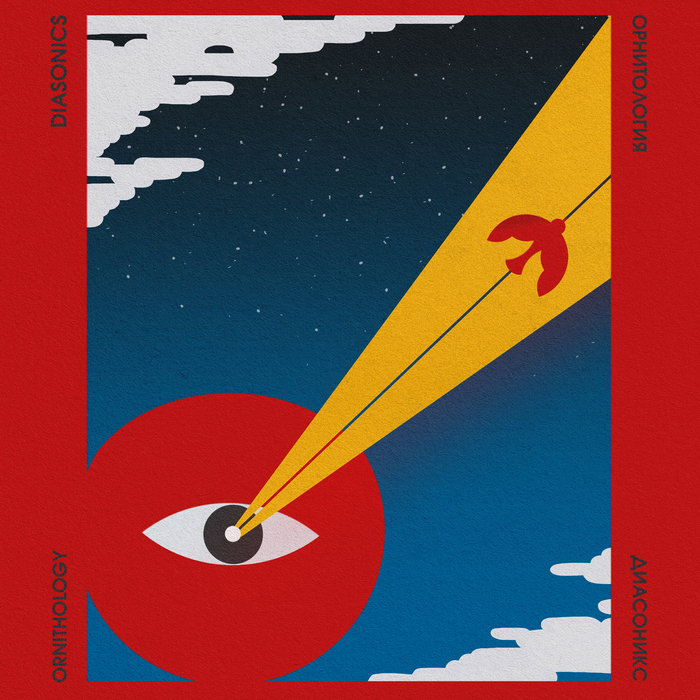
Chickadee – The Diasonics
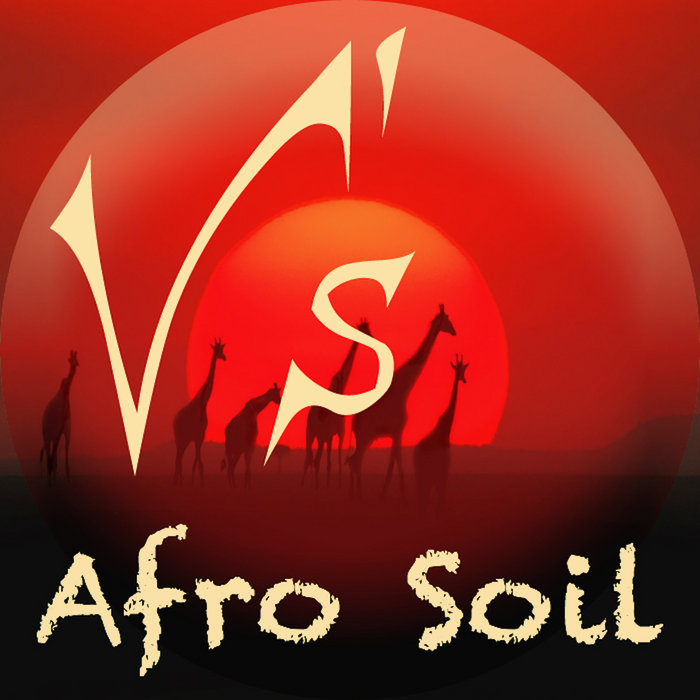
Manu Di Bango – Big Flow (V's Can't Cool edit) – V's edits
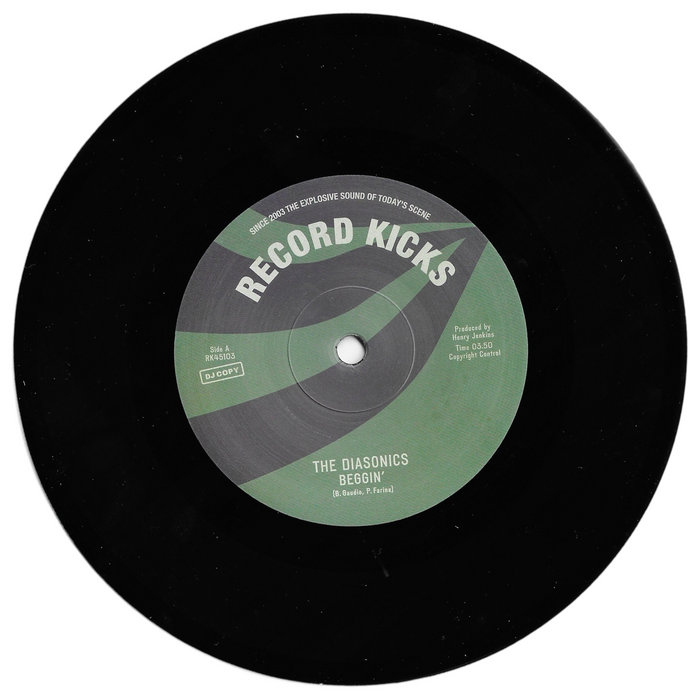
Beggin' – The Diasonics